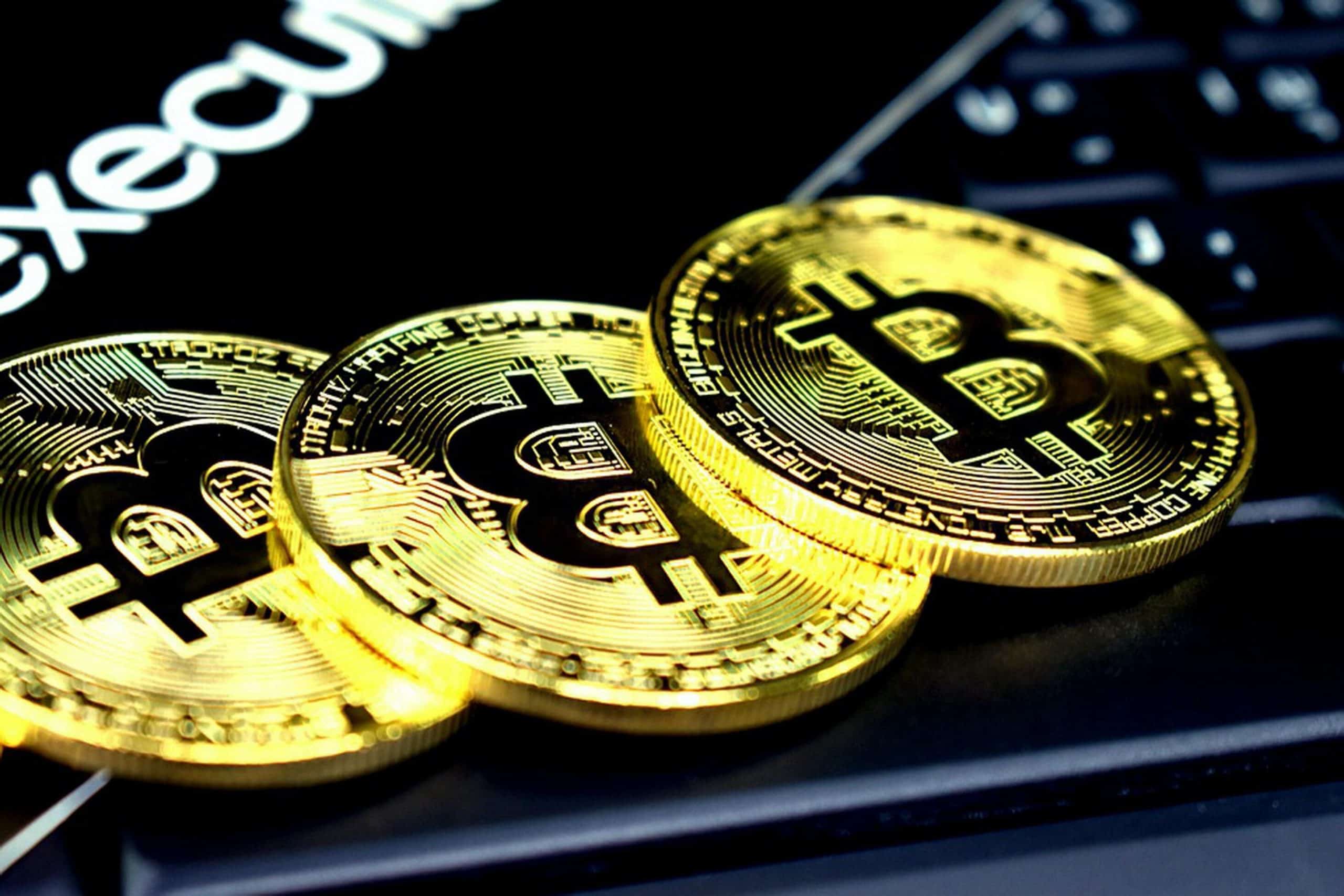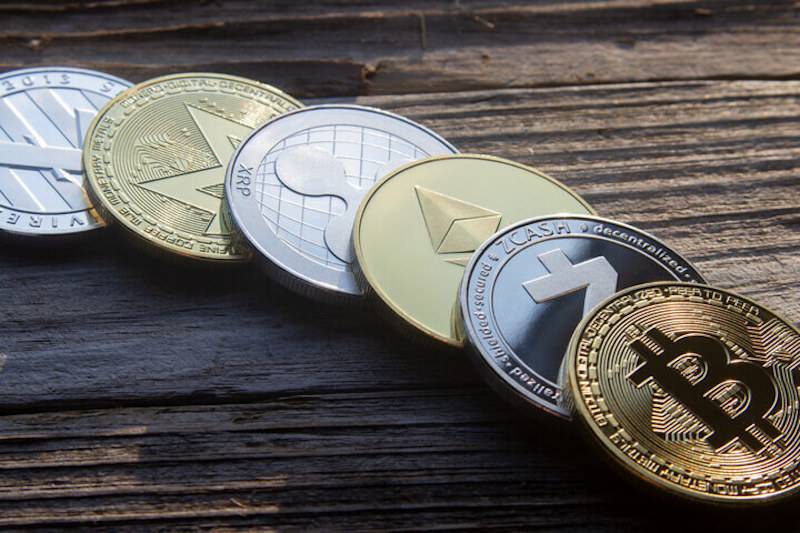It can be hard to quantify the growth of cryptocurrency in the digital age, but to provide some context, the global blockchain market is set to increase by an estimated $23.2 billion by the year 2023.
We’ve also seen people flock to market leading tokens such as Bitcoin as the cryptocurrency market has evolved, particularly in 2020 when more traditional assets have suffered as a result of the coronavirus and the subsequent macroeconomic fallout.
However, the cryptocurrency market is incredibly volatile, and in this post we’ll appraise some of the key considerations before you start trading!
1. Consider the Market Capitalisation
In case you didn’t know, the total market capitalisation for all 4,900 cryptocurrencies (including Bitcoin) is $496.3 billion, and this can be an important metric when choosing to invest in specific tokens.
After all, each token has its own individual market cap value, which reflects the size of a company and offers a unique insight into its risk profile from the perspective of an investor.
For example, Bitcoin has the single biggest market cap within this space, and this should come as no surprise given how established it is. However, tokens like Ripple and Ethereum also boast an inflated (and growing) market cap, thanks largely to the companies that underpin them and the far-reaching value that they offer.
Essentially, tokens such as this with a high market cap tend to be lower risk and less vulnerable to manipulation, while they’re also considerably less volatile over an extended period of time.
2. Trading Volume and Liquidity
On a similar note, each token will also have its own unique trading volumes and level of liquidity, which are crucial metrics when determining their viability.
There’s also a key correlation between trading volumes and liquidity, and understanding this is key if you’re to make informed decisions.
More specifically, the top 20 tokens and fast-growing entities are more likely to experience higher trading volumes, creating a scenario where it’s far easier to buy and sell these assets with your desired time-frame.
This translates into higher levels of liquidity, which is crucial to fluid and short-term portfolios that offer flexibility and enable you to leverage volatility in the crypto marketplace.
3. Safety and Storage Options
You should note that digital tokens are truly unique assets, and you’ll therefore need to make provisions when storing them securely.
After all, they provide a secure store of wealth in a finite asset class, and one which is increasingly vulnerable to theft and sophisticated hacking.
So, while you can keep your Bitcoin or other tokens on your chosen exchange, this is a relatively insecure option that should be avoided where possible (especially if you hold significant amounts of the asset).
Instead, consider relying on more robust hardware such as a crypto wallet, which can actively store your digital assets in a facility that’s actively protected by private encryption keys. Similarly secure software wallets also exist, with these providing a slightly less accessible option as they cannot be opened directly when offline (unlike hardware alternatives).

